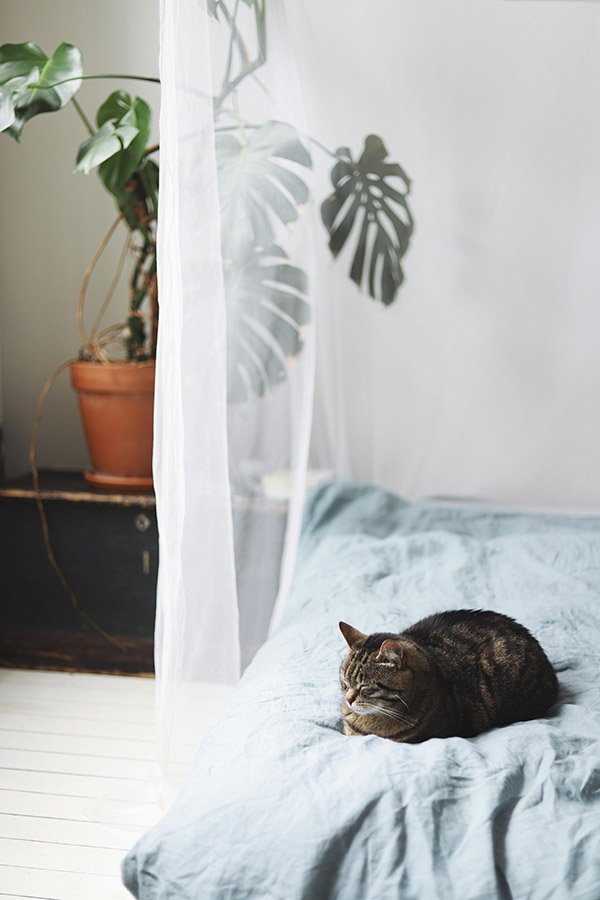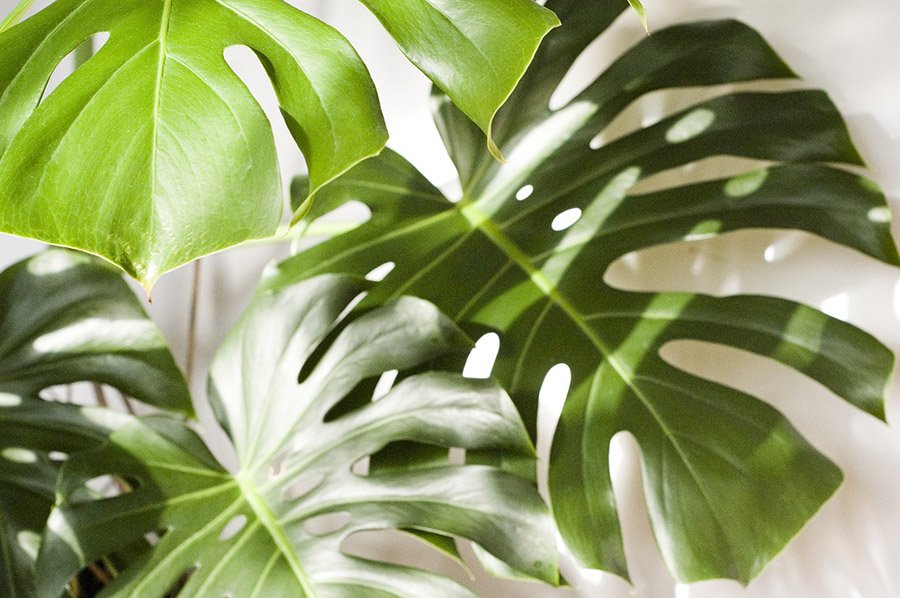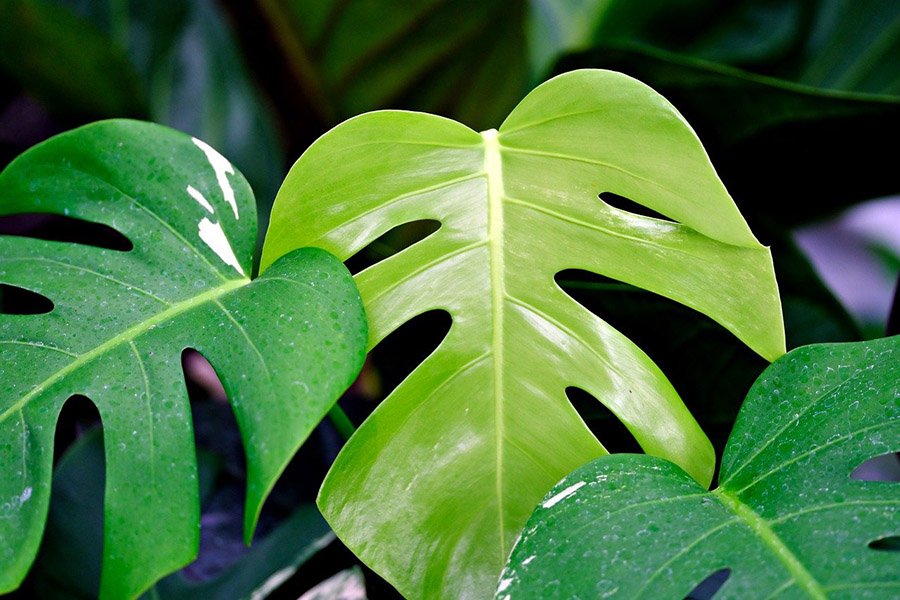Monstera plants, often admired for their large, distinctive leaves and easy-care nature, have become a popular choice among plant enthusiasts. However, for cat owners, the question of whether these plants are safe to have around pets is critical. This article delves into the toxicity of Monstera plants to cats, the risks involved, and what you can do to keep your feline friends safe.
Why is Monstera Toxic?
Monstera plants contain insoluble calcium oxalate crystals, which are the primary reason they are toxic to cats. These needle-shaped crystals are found throughout the plant— in the leaves, stems, and roots. When a cat bites into or chews on the plant, these crystals are released, causing immediate irritation and discomfort.
Upon ingestion, the crystals can embed themselves in the tissues of the cat’s mouth, tongue, and throat, leading to intense burning sensations, drooling, and difficulty swallowing. This reaction is the body’s response to the sharp crystals damaging the delicate tissues.

Symptoms of Monstera Poisoning in Cats
The symptoms of Monstera poisoning can vary depending on the amount ingested and the sensitivity of the individual cat. Common symptoms include:
- Drooling and Pawing at the Mouth: The most immediate sign is excessive drooling as the cat tries to rid itself of the irritating crystals. Cats may also paw at their mouths in discomfort.
- Vomiting and Loss of Appetite: Ingesting Monstera can lead to vomiting and a loss of appetite, as the cat’s digestive system reacts to the toxins.
- Oral Irritation: The mouth, tongue, and throat may become red, swollen, and inflamed, making it difficult for the cat to eat or drink.
- Respiratory Distress: In more severe cases, swelling in the throat may cause difficulty breathing, coughing, or wheezing.
Is Monstera Life-Threatening?
While Monstera poisoning is generally not fatal, it can cause significant discomfort and health issues. The key concern is the potential for airway obstruction due to swelling in the throat, which could become life-threatening if not treated promptly. However, most cases of Monstera ingestion result in mild to moderate symptoms that subside with appropriate care.
Long-term damage, such as kidney failure, is not typically associated with Monstera poisoning. However, untreated poisoning can lead to complications, particularly if the cat has ingested a large amount of the plant.
What to Do If Your Cat Eats Monstera
If you suspect your cat has ingested Monstera, it’s crucial to act quickly:
- Don’t Panic: While it’s distressing to see your cat in discomfort, most cases of Monstera poisoning are not fatal. Stay calm to provide the best care for your pet.
- Offer Water or Milk: These liquids can help flush out the calcium oxalate crystals and soothe the irritation in the mouth and throat.
- Check for Serious Symptoms: Look for signs of severe reaction, such as difficulty breathing or extreme swelling. If these occur, seek immediate veterinary care.
- Contact Your Veterinarian: Even if the symptoms seem mild, it’s best to consult with your vet. They can provide advice on treatment and may recommend bringing your cat in for observation or care.

Preventing Monstera Poisoning in Cats
Preventing access to Monstera plants is the best way to protect your cat:
- Keep Plants Out of Reach: Place Monstera plants on high shelves or in hanging baskets where your cat cannot reach them. Consider using plant stands or hanging pots specifically designed to keep plants away from pets.
- Use Deterrents: Pet-safe deterrent sprays can be used on the plant’s leaves to discourage your cat from chewing on them. Alternatively, providing your cat with plenty of toys or cat grass can help keep them occupied and away from houseplants.
- Consider Non-Toxic Alternatives: If you’re concerned about your cat’s safety, opt for non-toxic plants like spider plants, Boston ferns, or African violets. These plants offer the beauty of greenery without the risk.
Frequently Asked Questions
Can Monstera Cause Severe Health Issues in Cats?
While Monstera poisoning is rarely fatal, it can cause severe discomfort and potentially dangerous symptoms like airway swelling if left untreated. Prompt veterinary care is essential.
Is Any Part of the Monstera Plant Safe?
No, all parts of the Monstera plant, including the leaves, stems, and roots, contain toxic calcium oxalate crystals. It’s important to keep the entire plant out of reach of your pets.
What Other Houseplants Are Toxic to Cats?
Other common houseplants that are toxic to cats include lilies, philodendrons, peace lilies, and pothos. Always research a plant’s toxicity before bringing it into a home with pets.
Conclusion
Monstera plants, though beautiful, pose a significant risk to cats due to their toxic properties. While not typically life-threatening, ingestion can cause severe discomfort and health issues in cats. By taking precautions to keep Monstera plants out of reach and opting for pet-friendly alternatives, you can enjoy a beautiful home while ensuring your cat’s safety and well-being.








